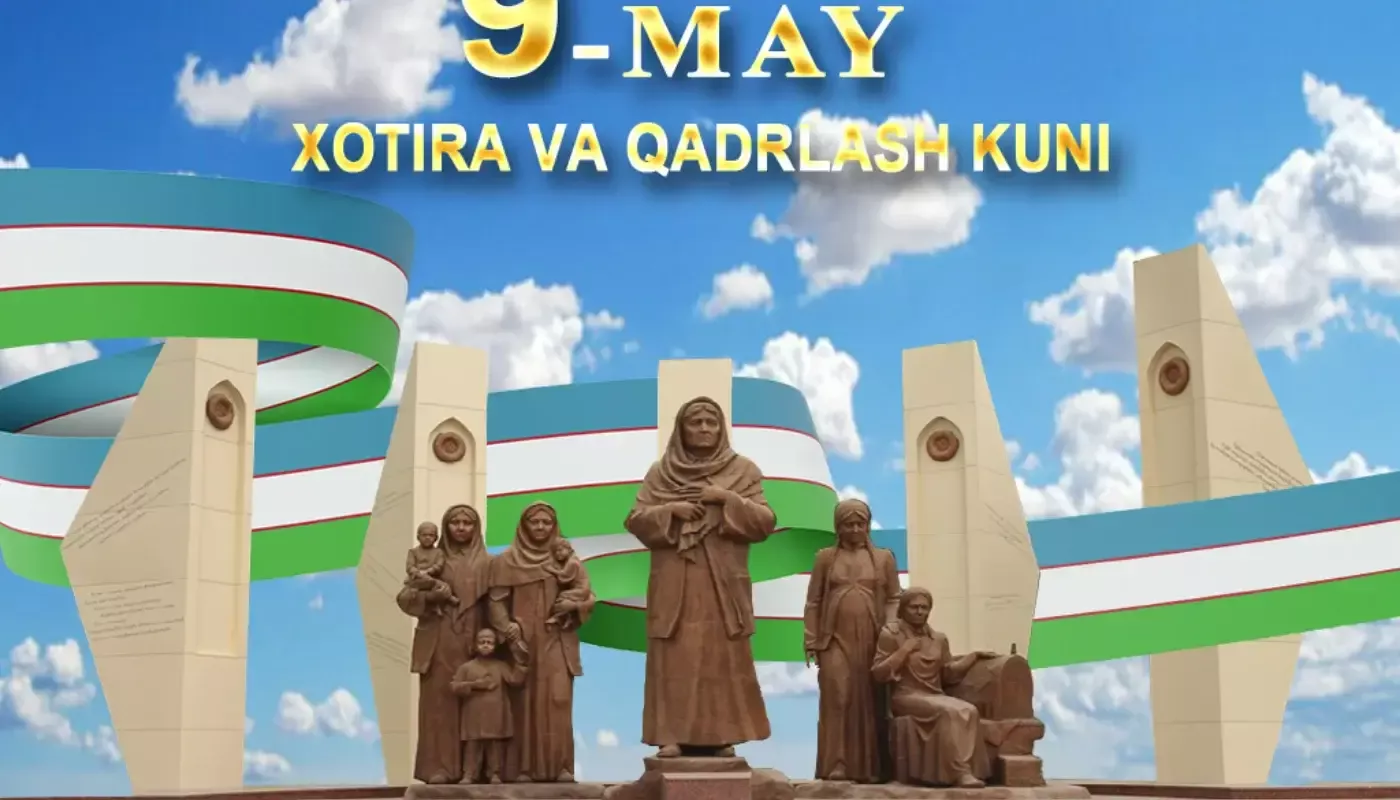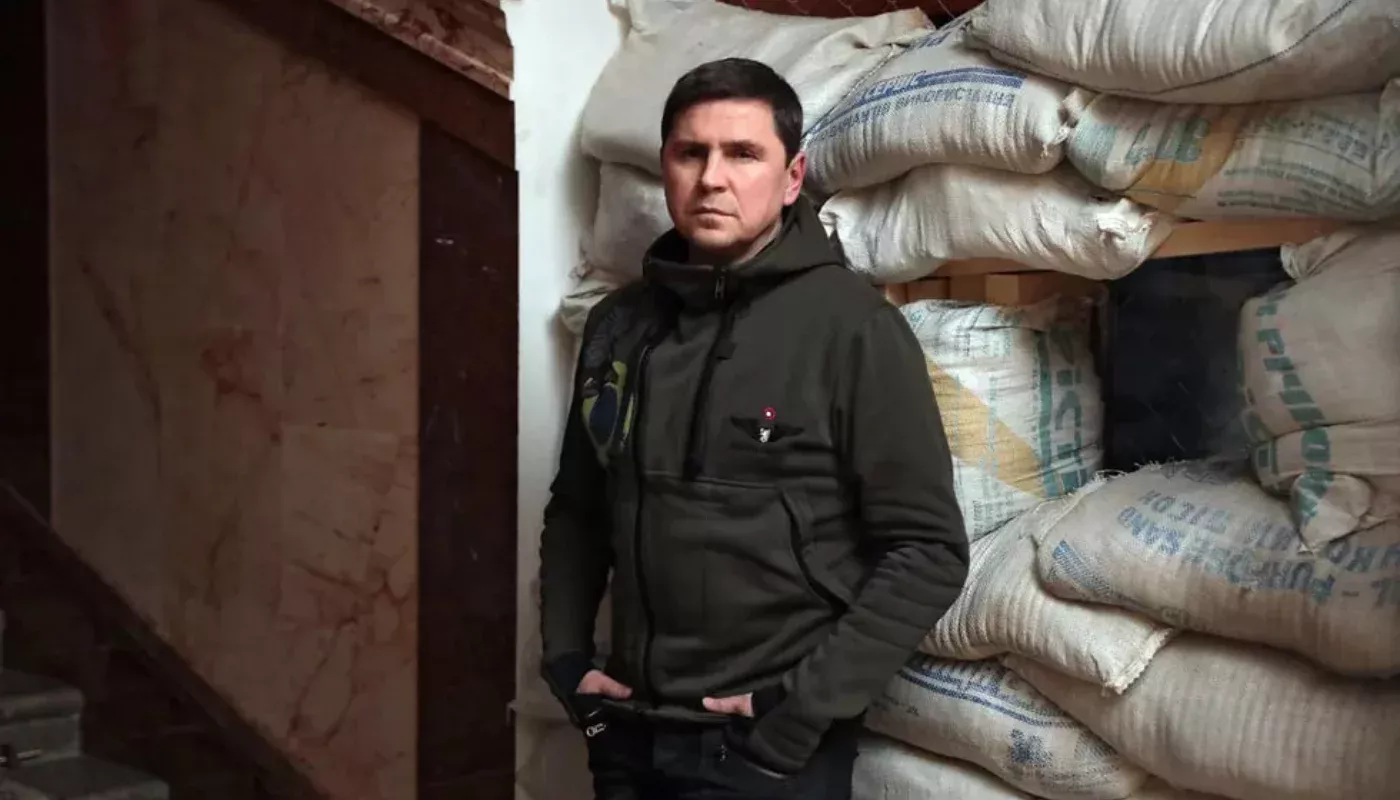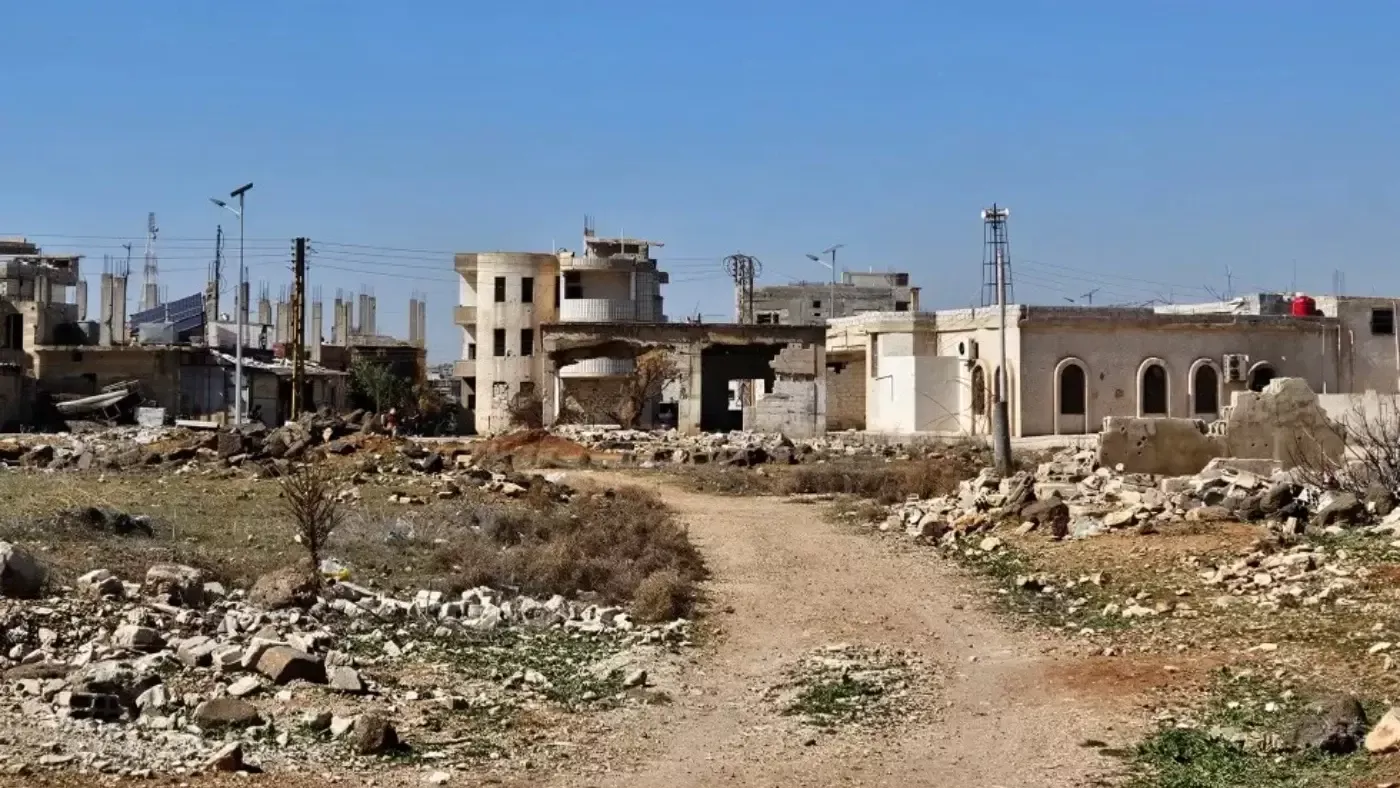
It has been 80 years since the end of World War II and more than 34 years since the collapse of the USSR. However, even today, debates and controversies about May 9 continue. Discussions surrounding this date intensify every year, especially on the eve of Victory Day, turning into a deep clash between national identity and attitudes towards Soviet ideology.
Uzbekistan is one of the countries that has changed its stance
After gaining independence, the Uzbek government reconsidered the date of May 9, enriching its essence with a new meaning based on national spirit and memory. Expressions and symbols like "Great Patriotic War" and "Great Victory" were abandoned, and this day was renamed as the Day of Memory and Honor.
This change created a significant difference not just in name but also in essence. Now this day is dedicated to commemorating the nearly half a million compatriots who fell victim, recalling the hardships behind the front lines, and valuing peace. In other words, it is not a celebration but a ceremony.
Political scientist Tolipov: “This date seems to serve Russia's strategy”
Renowned political scientist Farhod Tolipov stated that this date has multiple interpretations. According to him, over the years, May 9 has increasingly become a holiday that serves Russia's geopolitical strategic interests.
“During the Soviet era, this date was a day to celebrate victory, but it has always been a source of conflicting views. Firstly, the reason for choosing May 9 is questionable. Secondly, this day seems to lose its meaning year by year, appearing to be more significant primarily for Russians. No country in the world now wishes to celebrate this holiday more than the Russians,” said the political scientist.
Society researcher Yo‘ldoshev: “This is not a holiday, but a memorial ceremony”
Ethnopsychologist and sociologist Mahmud Yo‘ldoshev also expressed his views on the debates surrounding May 9. According to him, this date should be recognized not as an official holiday but as a day of national memory and mourning.
“Just like any mourning ceremony, this is equivalent. There were times when 'Katyusha' was celebrated. This is a sign that the Soviet ideology has not completely left the people's consciousness. For true historical understanding, we should not celebrate the war of the empire that has invaded us as our own,” he stated.
Tashanov: “Soviet and Nazism — two repressive regimes. We were victims of one of them”
Human rights activist Abdurahmon Tashanov believes that the war took place between two authoritarian, repressive systems. The Soviets invaded the peoples of Central Asia, destroyed the intellectual class, and severely repressed citizens.
“For a society that has not yet freed itself from Soviet ideology, May 9 is not a holiday. Why are those under 35 accepting this date as a holiday? This means that ideological influence still persists. We see our compatriots working in Russia, being looked down upon. To free ourselves from this, we need a firm national policy, education, and will,” said Tashanov.
Historian Mahmudov: “We were not voluntarily involved in the war, but forced”
Historian Zavqibek Mahmudov considers accepting this date as a holiday a sign of being a mankurt. According to him, a people voluntarily going to war can celebrate it as a victory. However, in a regime that threatens death for fleeing and death for returning, there is no place for such a holiday.
“To celebrate May 9, we should have been a truly free people. We were not asked about the war — we were forced. Therefore, this date can only be a day of mourning memory, not a victory day,” he stated.
The editorial team of Zamin.uz believes that May 9 should be personally understood, accepted, and felt by each individual. This date requires a deep reflection on truth, memory, and spiritual freedom. True value lies in peace. And to understand its worth, we must learn from history.
Materials published by Kun.uz were used.




